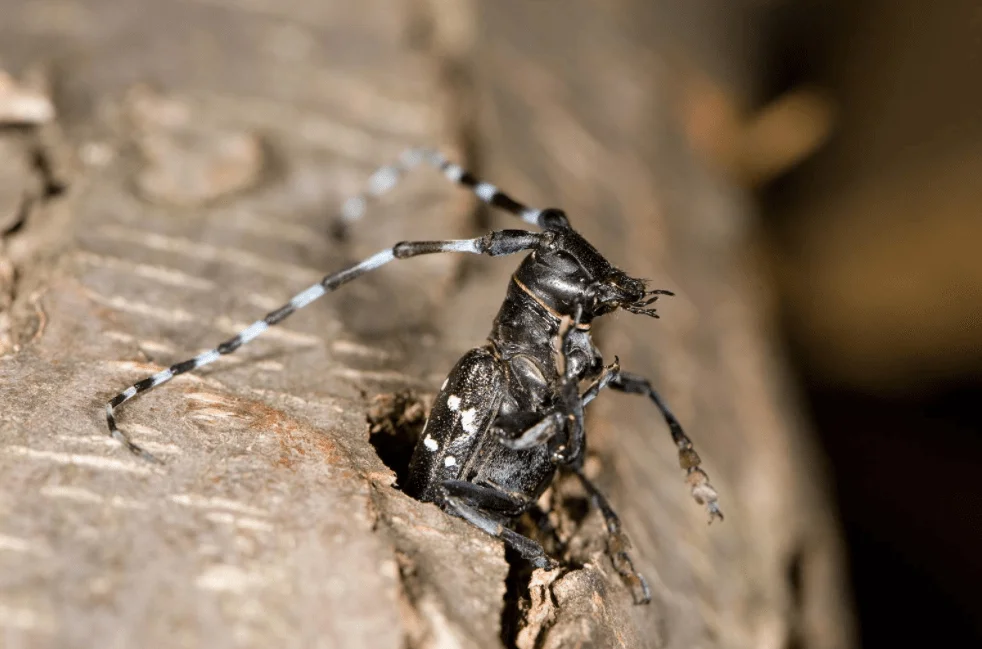Tierra Viva (“Alive Earth”), a Colombian exporter of long-horned beetles situated in Tunja, has been building its own cryptocurrency to circumvent excessive commission charges on overseas sales, according to Reuters on Thursday morning.

Tierra Viva’s Hercules, Neptunus, and elephant beetle species, according to the portal, have a retail price of $300 for each pair in Tokyo. Japanese kids and collectors are fans of the beetle species. In an interview with Reuters, Carmelo Campos, Tierra Viva’s chief programmer, said:
It’s an alternative to be able to export the beetles to Japan or any other part of the world and be able to use it as a method of payment.
The Kumushicoin (KTV) is Tierra Viva’s digital money, named after the native name of the Japanese rhinoceros beetle, the Kabutomushi. Tierra Viva’s major corporate activity prior to launching ATV, as detailed in its white paper, was converting organic solid waste with beetles it had grown.
The Kumishicoin was launched on August 24, 2019, with its own blockchain and a total quantity of 20,000,000 KTV. The network uses a hybrid consensus technique that combines proof-of-work and proof-of-stake.
Block rewards, on the other hand, are solely available to stakers, whereas miners can only get transaction fees in exchange for their efforts. Tierra Viva believes that this system is intended to discourage mining because of its negative environmental consequences.
Kumishicoin is only available for trading on the CREX24 exchange, which does not accept US clients. At the moment, each KTV is worth $1.80. According to Reuters, roughly 220 retail shops in Tunja already accept KTV as payment.
Colombia is establishing itself as a regional centre for bitcoin usage. The country spent over $30,000 in September to develop a gamified app for young learners that replicates crypto and stock trading. Colombia’s oldest commercial bank began investigating cryptocurrency-related services earlier this year.
